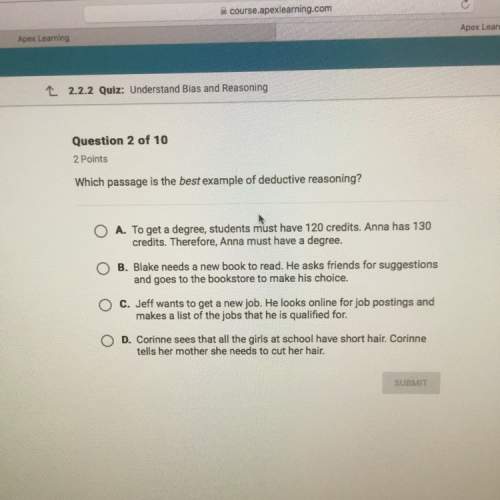
English, 23.09.2020 14:01 kittybatch345
THE MATCH
There never was a time when the world was without fire, but there was a time when men did not know how to kindle fire; and after they learned how to kindle one, it was a long, long time before they learned how to kindle one easily. In these days we can kindle a fire without any trouble, because we can easily get a match; but we must remember that the match is one of the most wonderful things in the world, and that it took men thousands of years to learn how to make one. Let us learn the history of this familiar little object, the match.
Fire was first given to man by nature itself. When a forest is set on fire by cinders from a neighboring volcano, or when a tree is set ablaze by a thunderbolt, we may say that nature strikes a match. In the early history of the world, nature had to kindle all the fires, for man by his own effort was unable to produce a spark. The first method, then, of getting fire for use was to light sticks of wood at a flame kindled by nature—by a volcano, perhaps, or by a stroke of lightning. These firebrands were carried to the home and used in kindling the fires there. The fire secured in this way was carefully guarded and was kept burning as long as possible. But the flame, however faithfully watched, would sometimes be extinguished. A sudden gust of wind or a sudden shower would put it out. Then a new firebrand would have to be secured, and this often meant a long journey and a deal of trouble.
In 1827, John Walker, a druggist in a small English town, tipped a splint with sulphur, chlorate of potash, and sulphid of antimony, and rubbed it on sandpaper, and it burst into flame. The druggist had discovered the first friction-chemical match, the kind we use to-day. It is called friction-chemical because it is made by mixing certain chemicals together and rubbing them. Although Walker's match did not require the bottle of acid, nevertheless it was not a good one. It could be lighted only by hard rubbing, and it sputtered and threw fire in all directions. In a few years, however, phosphorus was substituted on the tip for antimony, and the change worked wonders. The match could now be lighted with very little rubbing, and it was no longer necessary to have sandpaper upon which to rub it. It would ignite when rubbed on any dry surface, and there was no longer any sputtering. This was the phosphorus match, the match with which we are so familiar.
In the last paragraph, what is the main point of the section that discusses the chemicals involved in match making?
To explain how matches work
To explain the benefits of phosphorus
To explain why early attempts failed
To explain what was wrong with antimony

Answers: 3
Another question on English

English, 21.06.2019 16:30
Select the rebuttal statement that best refutes the viewpoint in section one. a) it is necessary to oversee the athletes involved in mixed martial arts. b) it is unnecessary to oversee the athletes involved in mixed martial arts. c) it is necessary for athletes involved in mixed martial arts to self-regulate. d) one distinctive feature of mixed martial arts is the combination of various techniques.
Answers: 2

English, 22.06.2019 02:30
What is the phrase a tiny shoot of phase prikled by the mind
Answers: 1

English, 22.06.2019 03:00
How is the speaker's writing assignment in "theme for english b" affected by his setting in place and time? the speaker focuses more on his fascination with music than on the core of the assignment. the speaker reflects that he has nothing in common with his instructor, who will therefore not understand his essay. the speaker has trouble with the assignment because he questions what is true about his own identity.< < < < < < < < < < < < < < < < < < < < < < < < < < < < < < < < < < < < < < < < ,,
Answers: 2

English, 22.06.2019 04:00
Acredible source is one that is (4 points) select one: a. with bias b. not useful c. persuasive d. trustworthy
Answers: 2
You know the right answer?
THE MATCH
There never was a time when the world was without fire, but there was a time when men did...
Questions

History, 28.01.2021 01:30

Mathematics, 28.01.2021 01:30




Physics, 28.01.2021 01:30


Mathematics, 28.01.2021 01:30


Law, 28.01.2021 01:30


Mathematics, 28.01.2021 01:30

Mathematics, 28.01.2021 01:30



Mathematics, 28.01.2021 01:30


Chemistry, 28.01.2021 01:30

Mathematics, 28.01.2021 01:30




